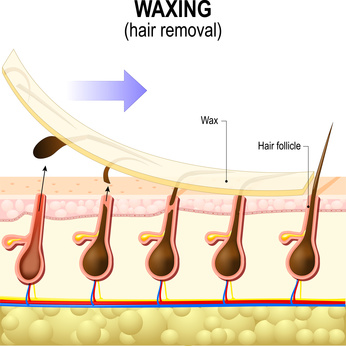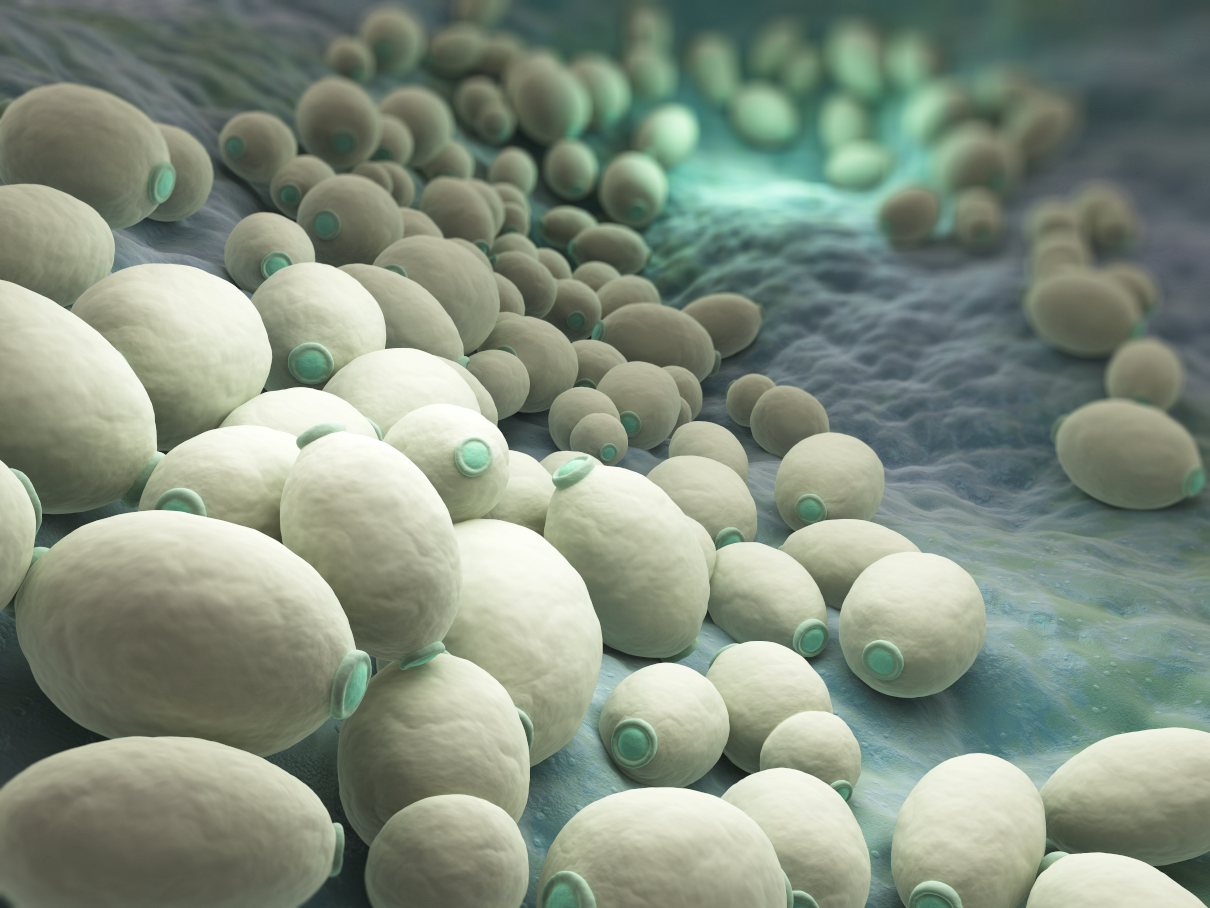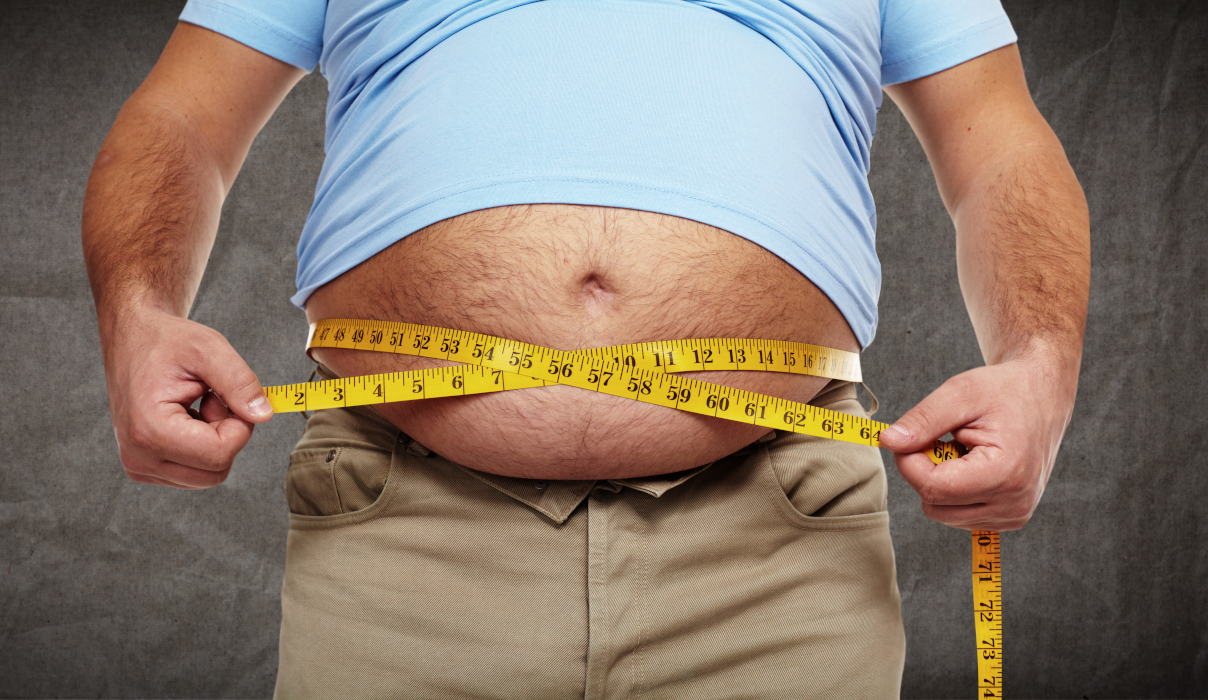Diet in case of bowel cancer and advice from an oncologist
Comments 0 15th October 2018 Blog, General
Proper nutrition in the case of cancer is an essential component of the successful treatment of malignant tumours. Diet in case of bowel cancer: the oncologist’s advice is to set the main goals of protecting the body against carcinogenic intoxication, increasing the activity of antitumor protection factors, and replenishing the plastic and energy needs of the cancer patient.
Also, “anti-cancer” nutrition plays a primary role in preventing the recurrence of pathology and accelerating rehabilitation after suffering from toxic treatment.
Considering that the immune system plays a vital role in the fight against tumour processes, it is critical to increasing the anticarcinogenic system’s activity to improve the cancer patient’s state.
Goals
Other goals pursued by diet therapy for cancer:
- improvement of liver detoxification function;
- acceleration of healthy tissue regeneration;
- the normalisation of metabolism;
- organism saturation with energy and plastic resources;
- acceleration of the removal of toxins and slags;
- maintaining homeostasis.
In drawing up an anti-cancer dietary scheme, it is essential to consider the localisation of the tumour process, the stage of its development, the nature of the course, the patient’s condition, the list of associated diseases and the nuances of the prescribed therapy.
For example, after operations on the gastrointestinal tract, especially after the removal of part of the intestine or stomach, the absorption of nutrients from food worsens, which means that the diet must be easily digestible and highly nutritious.

Anti-candida Mini Detox – three colonics with bicarbonate of soda
The Anti-candida mini detox involves a concentrated series of three colonics infused with bicarbonate of soda, ideally scheduled once weekly. This regimen serves as a potent initiation into a detoxifying cleansing routine, setting the pace for rejuvenation.
Diet in case of bowel cancer: oncologist’s advice on proper nutrition
The patient must consume at least 30 kilocalories per kilogram to maintain a stable weight. If you need to gain weight, increase the energy value of the diet in case of bowel cancer to 40 kilocalories. Also, choosing the food, we must consider the optimal ratio of food components: carbohydrates – 55%, fat – 30% and proteins – 15%.
Requirements
General requirements for food:
- Chew food thoroughly. That will help improve the absorption of nutrients in the digestive tract.
- Fractional feed. The optimal frequency of meals is 6 to 7 times a day.
- Consume food in small portions. You should eat no more than 200 grams of food at a time to avoid bloating and defecation disorders.
- Eat only freshly prepared meals. The maximum shelf life of food in the refrigerator is 12 hours.
- After resectioning the digestive tract, consume food only in a soft, frayed form.
Follow the drinking regime. You should drink at least 2 litres of non-carbonated water daily to speed up the release of toxic substances. Increase daily water intake to three litres in cases of vomiting or diarrhoea.
Use sparing methods of heat treatment of food such as boiling, baking and steaming. Eliminate too hot and cold food from the diet in case of bowel cancer.

Brazilian bikini or Hollywood waxing for women
A Hollywood removes all of your hair. It’s the perfect choice if you don’t want any genital hair left. Everything Off!!! It lasts for thirty minutes.











